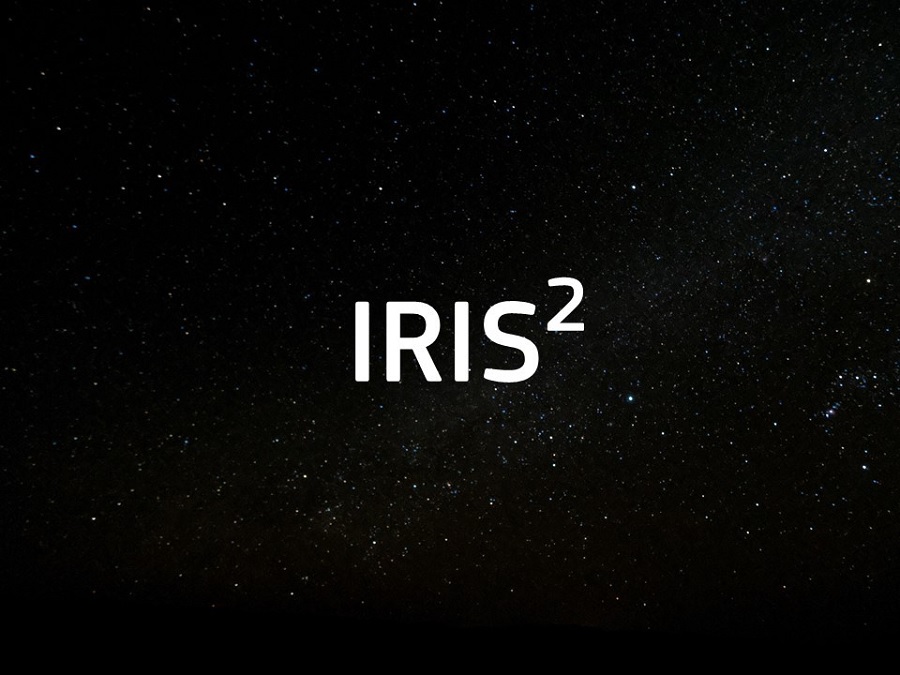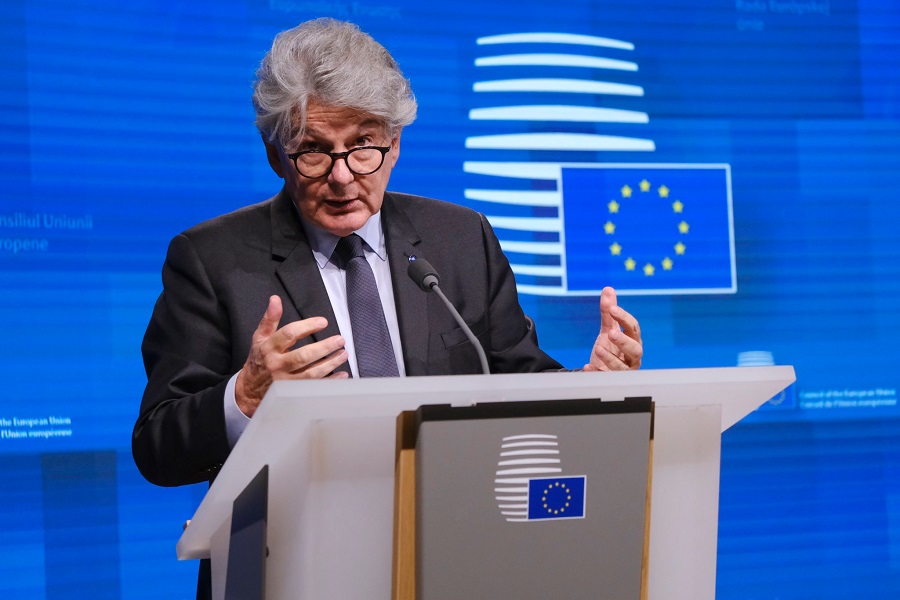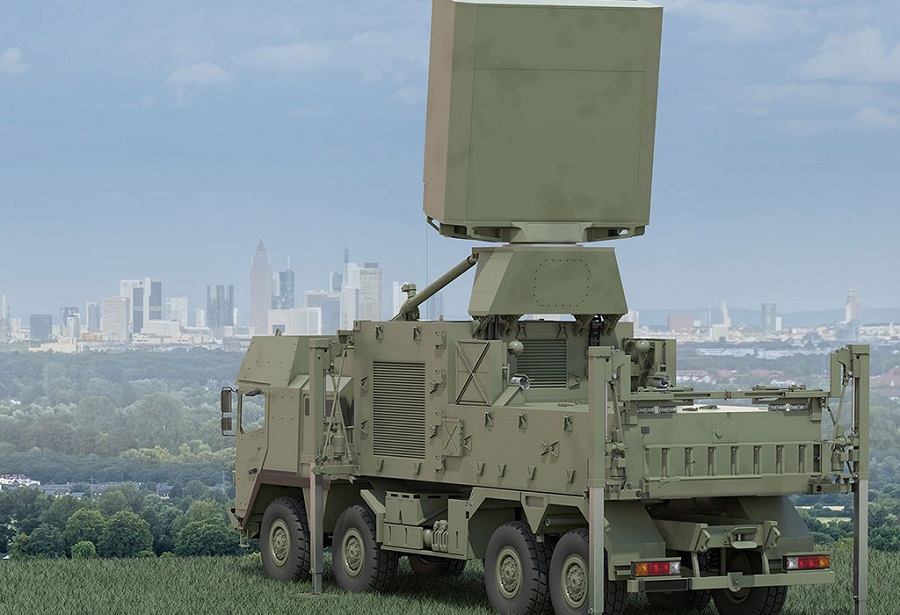In his opening keynote, Commissioner Thierry Breton, while praising Europe’s successes on space, called for the need to maintain Europe at the forefront of space innovation and build a “Europe of power” that needs to ambitious, fast and agile. Commissioner Breton emphasised the EU actions for a sovereign Europe that reduces technological dependencies in strategic supply chains and prioritises security and defence.
The Commissioner highlighted key Commission actions in 2024:
- Creating a single market for space through our proposal for an EU Space Law;
- Regaining EU autonomous access to space and boosting resilience of access to space;
- Protecting space systems;
- Delivering new services to support EU defence and security needs; and
- Boosting commercialisation of space
Toward a single market for space
One of the key ambitions presented by Commissioner Breton is to fully create the Single Market for Space that will reinforce the competitiveness of the EU space industry while enhancing the safety and resilience of the space systems. The European Commission intends to table a proposal for the EU Space law in spring this year.
EU autonomous access to space
Commissioner Breton has called for a paradigm shift in the European approach to launchers, with an emphasis on a service-driven approach, more competition, and a preference for competitive European solutions. He called for transformation of the European launcher policy based in particular on aggregation of institutional demand for launch services, boosting disruptive innovation and protecting critical ground infrastructures. As part of the Flight Ticket Initiative
, the Commission and the European Space Agency are setting up a pool of five launch service providers, including four new commercial entrants, that will enhance the long-term competition in the launcher market. These companies are now prepared to offer launch services between 2024 and 2026 to meet the needs of the European Commission and the European Space Agency (ESA), who will act as anchor customers. The selected providers will be able to compete for specific work orders up to a ceiling of €5 million for identified launch service needs.
Protecting space assets
In the current geopolitical context, protecting European space infrastructure has become indispensable for the EU. Commissioner Breton has advocated for the development of a European Space Domain Awareness System to monitor infrastructure, detect threats, and reinforce autonomy at EU level. In addition, the EU Space Law, will further contribute to safe, resilient and sustainable space activities.
Space in support of EU defence and security needs
Commissioner Breton also underlined the need to unlock the potential of the space programmes for defence services. The Commission will deliver on of Galileo’s Public Regulated Service that can be also used by defence players and is further assess options to develop an EU Earth-Observation for governmental users. Investments will be fostered through synergies between the European Defence Fund and the EU Space Programme.
Commercialisation of space
The Commission also emphasised its support for New Space and space entrepreneurship in Europe. In collaboration with the European Investment Bank
and ESA, the Commission will sign tomorrow a new collaboration arrangement to unlock access to debt financing and advisory support for European space companies. Through this new collaboration, the institutions aim to enhance access to finance, promote innovation, facilitate knowledge sharing, and foster the development of advanced space technologies.
Commissioner for internal market, Thierry Breton stated “Confronted with the other space powers, a united European Union is vital. A “factory Europe” must not only meet its own needs but also position itself to conquer global markets through exports, thanks to EU competitive space technologies, services and applications. A “sovereign Europe” must reduce its dependences and must not be naive or prevaricate when it comes to ensuring its security and defence, particularly in space and cyberspace. Finally, a “visionary Europe” must reconcile itself with a bold and long-term policy, solidly based on its values. This goes from monitoring the health of our planet, pioneering digital and green transitions, fostering space commercialisation while ensuring its sustainability, taking the lead in critical domains such as on-orbit servicing assembly, space exploration, transportation and logistics, and strengthening our security and resilience from space and in space. We owe it to the future generations.”












![Teledyne FLIR Defense unveils Rogue 1 loitering munition system [VIDEO]](https://defence-industry.eu/wp-content/uploads/2024/05/Teledyne-FLIR-Defense-unveils-Rogue-1-loitering-munition-system-VIDEO.jpg)












